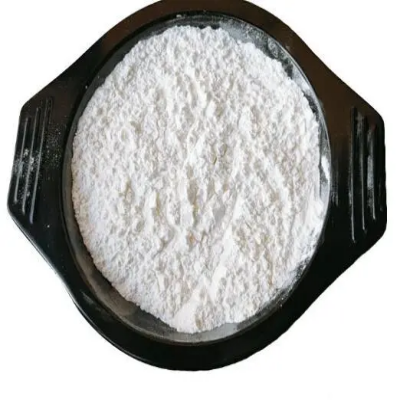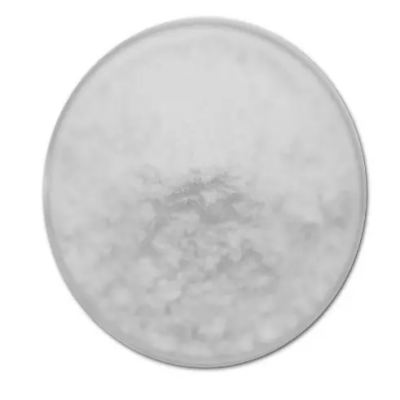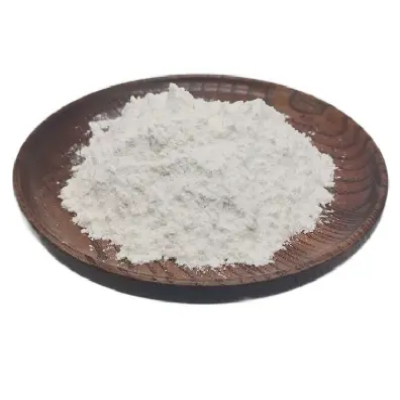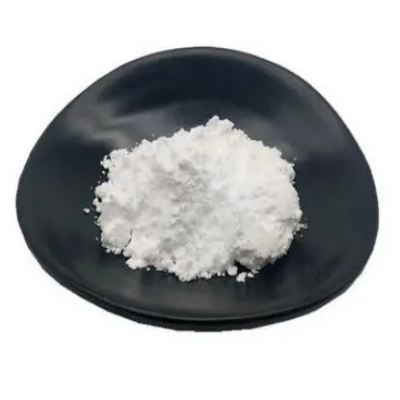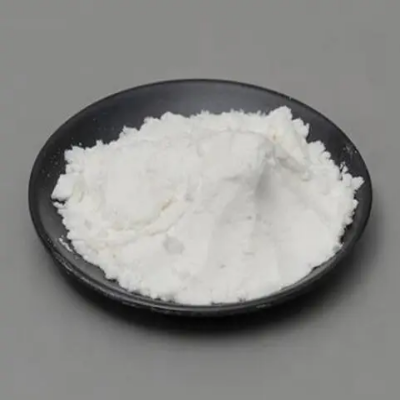Heptanoyl chloride CAS:2528-61-2
Heptanoyl chloride (C7H13ClO) is a saturated fatty acyl chloride that plays a crucial role in organic synthesis due to its reactivity and versatility. As an acyl chloride, it contains a carbonyl group (C=O) attached to a chlorine atom, making it a potent electrophile in acylation reactions. The structure comprises a seven-carbon aliphatic chain, which enhances its lipophilicity and facilitates its use in various chemical transformations. One of the primary applications of heptanoyl chloride is its role as an acylating agent. When reacted with alcohols, it undergoes nucleophilic acyl substitution to form heptanoate esters. These esters are widely utilized in several industries, including flavoring, fragrances, and pharmaceuticals. Their fatty-acid-like structure imparts unique sensory properties, making them desirable in food and cosmetic formulations. In addition to ester formation, heptanoyl chloride can react with primary and secondary amines to produce corresponding amides. Amides derived from heptanoyl chloride are essential intermediates in the pharmaceutical industry, where they may contribute to the development of bioactive compounds with therapeutic potential. The presence of the seven-carbon chain can enhance the lipophilicity and biological activity of these amides, allowing for tailored pharmacokinetic properties. Moreover, heptanoyl chloride can be employed in polymer chemistry. By incorporating this acyl chloride into polymer systems, researchers can create materials with enhanced characteristics, such as improved flexibility, processability, and chemical resistance. This application is particularly relevant in the production of specialty polymers used in coatings, adhesives, and biomedical devices. Despite its beneficial properties, handling heptanoyl chloride requires caution due to its corrosive nature and the generation of hydrochloric acid upon reaction. Appropriate safety measures, such as personal protective equipment and working under fume hoods, are necessary to mitigate risks associated with exposure. In summary, heptanoyl chloride is a versatile reagent in organic synthesis, facilitating the production of esters and amides with significant applications in diverse fields. Its unique structural features and reactivity make it an invaluable intermediate in the synthesis of complex chemical entities for industrial and pharmaceutical purposes.



| Composition | C7H13ClO |
| Assay | 99% |
| Appearance | white powder |
| CAS No. | 2528-61-2 |
| Packing | Small and bulk |
| Shelf Life | 2 years |
| Storage | Store in cool and dry area |
| Certification | ISO. |




